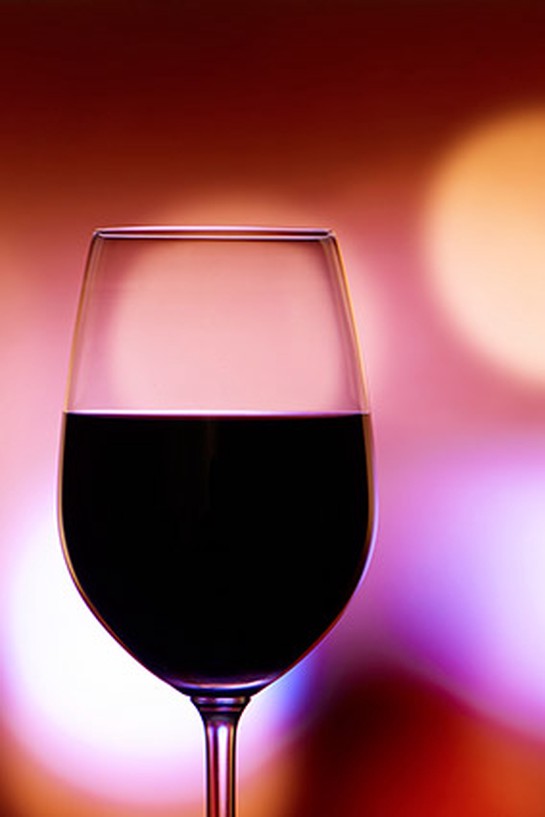4 Ways Alcohol Messes with Your Sleep
We know that a nightcap—or three—won't help us drift off into a peaceful slumber. But we didn't know exactly why it sets us up for a restless, sweaty, snore-y, anxious night.
By Valerie Ross
Thanks to an April 2013 review of 20 studies—and to the more than 500 people who drank in the name of science and then turned in for the night in a sleep lab so that researchers could record their brainwaves—it's been confirmed: If you only have a bit to drink, alcohol can help you sleep better during the first part of the night, spurring an increase in slow-wave sleep, which the body needs in order to repair tissues and strengthen the immune system, and leaving dream-studded REM sleep untouched. Too much booze, however, can interrupt REM sleep, which is vital for memory and concentration. As the alcohol wears off during the second part of the night, sleep is often disrupted, the review found, as people frequently wake up. (In some cases, they'll also start sweating, feel anxious or—if they do manage to get some REM sleep—have nightmares.) But that's only the beginning of how alcohol gets between you and a decent night's rest.
Published 06/26/2013


